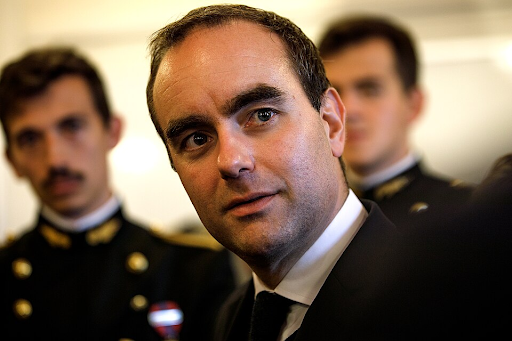France’s staggering public debt and economic woes have claimed another political casualty, with Prime Minister Sebastien Lecornu resigning in the face of a political firestorm. His departure, just hours after forming a government, demonstrates how the nation’s severe economic crisis is fueling political instability and making the country increasingly ungovernable.
The backdrop to this political drama is a grim economic reality. Official data confirms France’s public debt is at an all-time high, and its debt-to-GDP ratio is the third-worst in the EU. This economic pressure has created a hyper-partisan atmosphere where any government action, especially on spending, faces immense resistance. Lecornu’s two predecessors were also toppled by the legislature in conflicts over the nation’s budget.
Appointed by President Macron to find a way through this deadlock, Lecornu failed at the first hurdle. His newly announced cabinet was supposed to inspire confidence but instead triggered widespread condemnation for being a continuation of past policies. In the current economic climate, this perceived lack of change was seen as a failure to grasp the urgency of the situation.
The opposition immediately seized on this weakness. Socialist leader Olivier Faure declared the government illegitimate before it had even met, reflecting a broad consensus that Macron’s administration lacked the credibility to tackle the monumental economic challenges ahead. This political pressure proved too much for the fledgling government to withstand.
Lecornu’s resignation is therefore not just a political event but a direct consequence of France’s economic fragility. Without a stable government capable of making difficult financial decisions, the country’s debt crisis is likely to worsen, creating a vicious cycle of economic decline and political chaos that President Macron seems powerless to stop.

